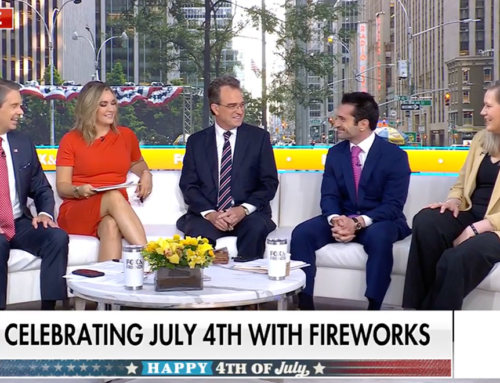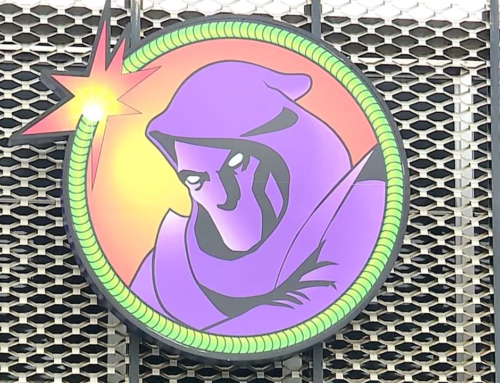Fireworks can bring excitement to any celebration, but understanding the laws governing their use is essential. In the United States, fireworks regulations are complex, with federal, state, and local laws all playing a role. Here’s how they differ and what you need to know to stay safe and legal.
Federal Fireworks Regulations: What Is Allowed Nationwide
The Consumer Product Safety Commission (CPSC) oversees federal regulations for consumer fireworks. They set standards for things like explosive content, fuse burn time, and safety labeling to ensure that fireworks available to the public are relatively safe. The CPSC bans fireworks deemed too dangerous for consumer use, such as M-80s, cherry bombs, and bottle rockets with excessive powder content.
The Bureau of Alcohol, Tobacco, Firearms, and Explosives (ATF) also regulates fireworks, particularly the sale and distribution of large display fireworks used in professional shows. These are often referred to as 1.3G fireworks and are only available to licensed professionals.
While federal laws provide a framework, they allow states significant leeway to enact stricter regulations or bans.
State Fireworks Laws: Understanding The Differences
State laws concerning fireworks vary widely. Some states, like Texas and Florida, allow most consumer fireworks, while others, like New York and Massachusetts, have strict restrictions, allowing only sparklers and other small novelties.
States That Allow Most Consumer Fireworks
States like Indiana, South Carolina, and Pennsylvania permit a wide range of consumer fireworks, including aerials like Roman candles, fountains, and firecrackers.
States With Heavy Restrictions
States such as California and Illinois enforce stricter limits, allowing only “safe and sane” fireworks like hand-held sparklers, ground spinners, and smoke bombs.
Completely Banned Fireworks
In states like Massachusetts, all consumer fireworks are prohibited. Residents cannot purchase or use fireworks without violating the law.
Local Laws: Going Beyond State & Federal Guidelines
Even within states, local governments can impose stricter fireworks regulations. For example, some cities or counties might ban fireworks entirely due to fire hazards, especially in areas prone to wildfires. Always check city or county ordinances before using fireworks, as you may need permits or face additional restrictions.
Fireworks Safety During Droughts
Regions like the Western U.S. often enact temporary bans during wildfire season, regardless of state laws. These bans are strictly enforced to prevent accidents that could lead to massive fires.
Penalties For Violating Fireworks Laws
Using or selling fireworks illegally can result in heavy fines or even jail time. In many areas, the penalty for violating fireworks laws starts with confiscation and can escalate to criminal charges, depending on the severity of the offense.
Stay Safe & Compliant With Firework Regulations
Understanding the differences between federal, state, and local fireworks laws is crucial for a safe celebration. By following regulations, you can enjoy fireworks without risking fines, injuries, or worse. Always research your local laws before purchasing fireworks and celebrate responsibly.
For more information on fireworks safety, visit Phantom Fireworks.





